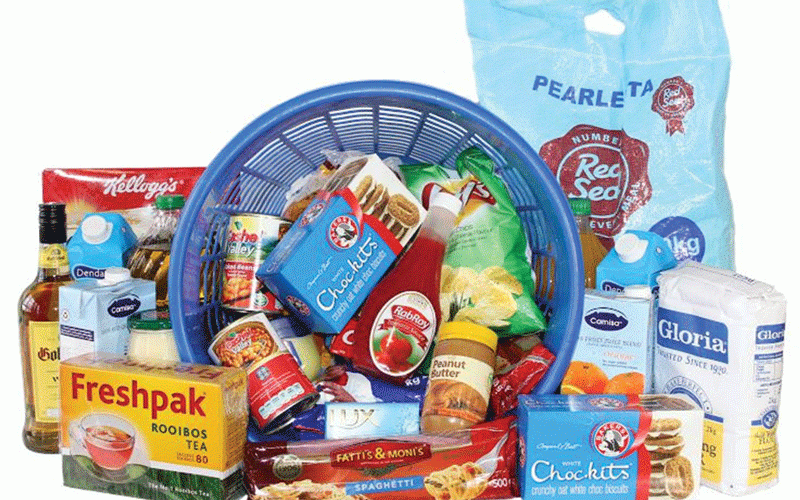
ZIMBABWBE’S high food inflation is now a major cause for concern because food makes up a third or more of households’ expenses, a new report has revealed.
The report, focusing on Southern Africa Regional Supply and Market Outlook, was compiled by the Famine Early Warning Systems Network (FewsNet) and was facilitated through assistance from the World Food Programme, Catholic Relief Services and Indaba Agricultural Policy Research Institute.
The report comes a few weeks after the Consumer Council of Zimbabwe revealed that the family basket has shot to ZWL$2,6 million due to rising prices of basic commodities.
“High annual headline inflation rates remain prevalent in Zimbabwe, Malawi and DRC [the Dremocratic Republic of Congo], while food inflation continues to be over 10% in Malawi, Zimbabwe, Angola, Madagascar and Zambia,” the FewsNet report said.
“High food price inflation is a significant concern for the region, as food makes up a third or more of households’ expenses. While some of these countries have dealt with persistently high food inflation for nearly a decade, the impacts of high debt bills and constrained social spending accentuates access constraints by limiting subsidies and social assistance.”
Annual inflation fell to 18,4% in September compared to 77% in August. Month-on-month inflation moved to 1% in September and to 2,5% this month.
Most domestic currencies in the region have consistently depreciated against the US dollar due to increased lending rates and large current account deficits. Hence, import costs are expected to rise if currencies continue to depreciate, which would further increase inflation.
According to the Zimbabwe National Statistics Agency, the Total Consumption Poverty Line rose from ZWL$95 462,53 in September to ZWL$105 072 in October for one person.
- ‘Inflation could shoot to 700% by April next year’
- Mthuli Ncube abandons struggling consumers
- New perspectives: Inflation control critical for economic growth
- Inflation spike: Why interest rates aren’t the answer
Keep Reading
“Increased fertiliser prices and high fuel costs could force farmers to cut back on fertiliser use resulting in low yields and unmarketable supply, potentially contributing to increased food inflation.
“Weaker domestic currencies are offsetting the recent benefit of a fall in international oil prices and under these conditions, further increases in crude oil prices will worsen imported inflation pressures on domestic markets.”
The report also said Zimbabwe was expected to be self-sufficient in maize.
“South Africa recorded an 18% surplus over national consumption needs in 2022/23, slightly lower than the five-year average, while Tanzania recorded a 22% surplus, slightly above its five-year average. Zambia, Mozambique, and Zimbabwe are expected to be self-sufficient in maize in MY 2023/24, but Malawi registered a minor deficit,” the FewsNet report added.










